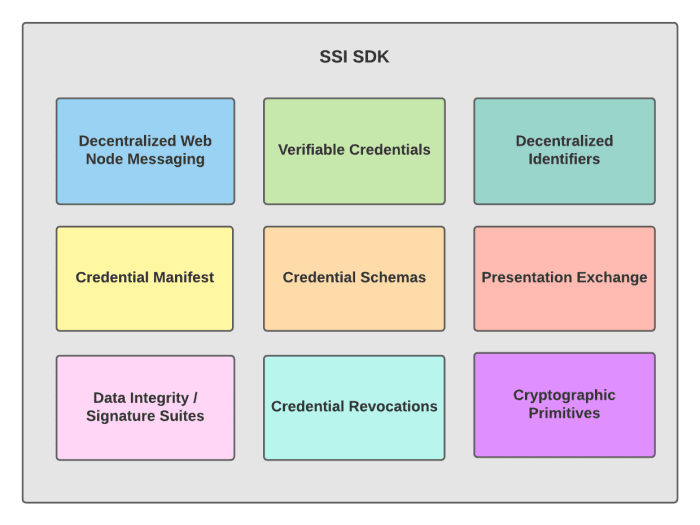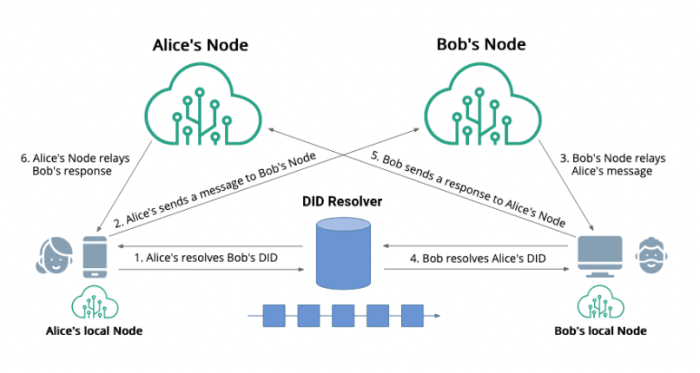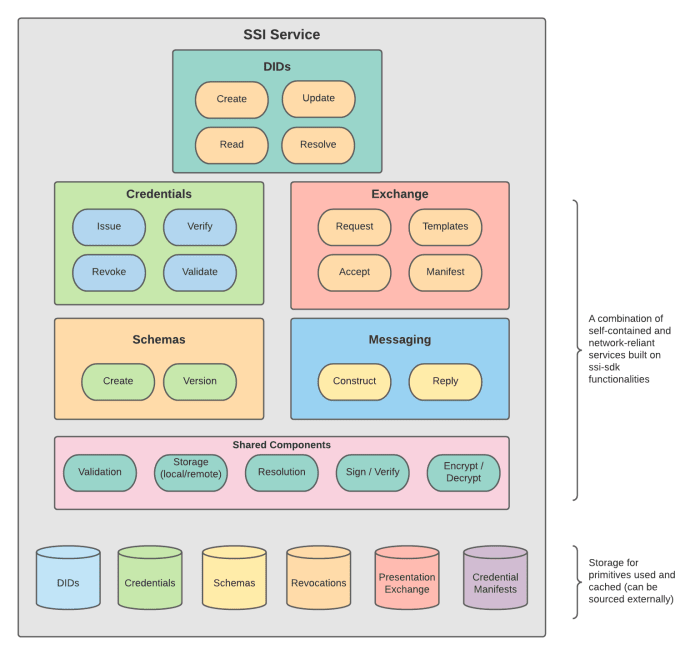Jack Dorsey’s TBD presents Bitcoin-based decentralized Web5
Jack Dorsey’s Bitcoin-focused TBD business unit, a subsidiary of Block Inc., announced Friday that they are building a new decentralized web: Web5.
Web5 is based on the assumption that Web3, the idea of building a decentralized network with blockchain technology and cryptocurrencies, has the right intentions, but uses the wrong tools.
Web5 leverages Bitcoin, the decentralized monetary network and a host of solid IT technologies to create a new ecosystem of decentralized identities, data storage and applications where users have control over their personal information.
Quite decentralized development on the internet in the last couple of decades as BitTorrent and Tor have shown that blockchain technology is not a necessary component for decentralization. Rather, the blockchain has only proven necessary for a very specific purpose – reducing the problem of double consumption to succeed in bringing peer-to-peer money to the digital realm with Bitcoin.
TBDs Web5 consists of software components and services such as decentralized identifiers (DIDs), decentralized web nodes (DWNs), self-sovereign identity service (SSIS) and a self-sovereign identity software development kit (ssi-sdk). These components allow developers to focus on building user experiences while more easily enabling decentralized identity and data storage in applications.
Decentralized identifiers
Web5’s DID component leverages ION, an open, public and unlicensed second-tier DID network that runs at the top of the Bitcoin blockchain. It is based on the deterministic Sidetree protocol, which does not require special tokens, trusted validators or additional consensus mechanisms to work.
A DID is essentially a globally unique persistent identifier that does not require a centralized registration authority and is often generated and registered cryptographically. It consists of a unique Unified Resource Identifier (URI) string that acts as an ID with additional public key infrastructure (PKI) metadata describing cryptographic keys and other basic PKI values associated with a unique, user-controlled, self-contained identifier in a target system such as Bitcoin blockchain.
ION only allows DIDs to be disabled by owners, and is therefore censor resistant, and includes registry features to support decentralized package managers and app stores. The decentralized network can in theory process thousands of DID operations per second.
Decentralized web node
DWN used by Web5 is a reference implementation of the Decentralized Identity Foundation’s DWN draft specification. Two people from Block have contributed to the specification: Moe Jangda as contributor and Daniel Buchner as editor.
According to the specification, a DWN is a mechanism for data storage and message transmission that participants can use to find public or private data related to a given DID. It enables interaction between different entities that need to verify the identity of each other in order to transfer information to each other.
“Decentralized network nodes are a mesh-like data warehouse design that allows a device to operate multiple nodes that are synchronized to the same state across each other, allowing the owner device to secure, manage and transact its data with others without being depending on location or provider. -specific infrastructure, interface or routing mechanisms, “according to the specification.
TBD’s goal is to produce a first version of the current draft specification together with a reference implementation by 1 July 2022.
Contributions from the development community are welcome. Interested developers can submit suggestions such as pull requests to the GitHub repository. In the same way, problems can also be submitted to the same GitHub repository.
Self-Sovereign Identity Service
Web5’s SSIS is a web service that encloses ssi-sdk.
SSIS interacts with the standards regarding verifiable identification, revocation of identification, request for identification, exchange of identification, data forms for identification and other verifiable data, messages using DWN and use of DIDs.
“By using these core standards, SSIS enables robust functionality to facilitate all verifiable interactions such as creating, signing, issuing, curating, querying, revoking, exchanging, validating, verifying credentials to varying degrees of complexity,” according to the website.
Self-Sovereign Identity SDK
ssi-sdk encapsulates standards related to self-sovereign identity.

A preliminary view of SDK’s vision. Standards included are under active development and can therefore be added or removed. Source: TBD.
“ssi-sdk intends to offer flexible functionality based on a set of standards-based primitives to build decentralized identity applications in a modular way: with limited component dependencies,” according to the website.




